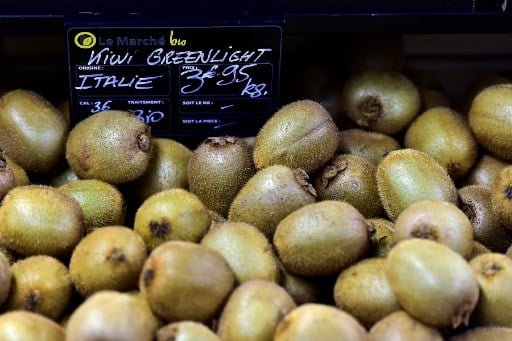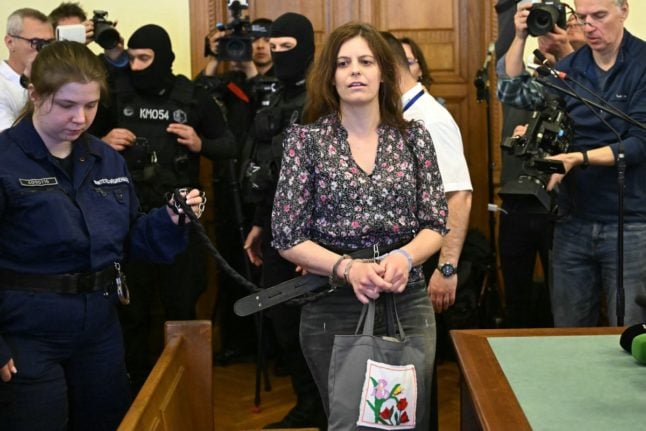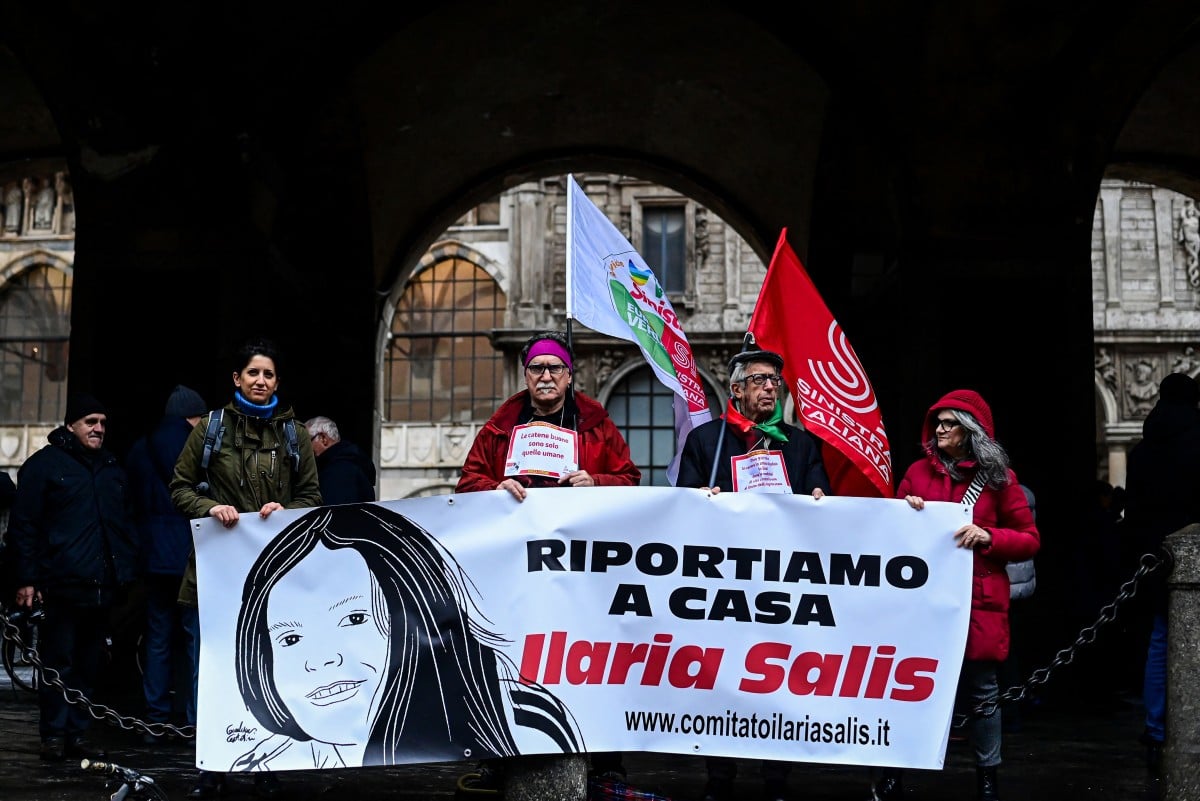French authorities said Monday that they had dismantled a long-running scam to label and sell Italian kiwis as pricier French fruit.
“Kiwis imported from Italy were 'Frenchified' during transport so that they could be sold at a higher price,” Virginie Beaumeunier of the country's DGCCRF anti-fraud agency said at a press conference.
The fraud involved some 15,000 tonnes of kiwis over a three-year period, and the agency said seven companies were facing charges after making a combined six million euros in illicit profits.
READ ALSO:
French and Italian media quickly labelled the scam 'Kiwigate', with French growers saying Italian production costs are lower and Italian kiwis are treated with pesticides banned in France.
“Unlike the Italians, we don't use anti-spoiling fungicides after harvesting which conserve them for several months, so we have higher losses in cold-storage rooms, which increases our production costs,” said Francois Lafitte, president of the French kiwi growers' association.
The estimated 1,100 growers in France, mainly in the southwest, produce around 55,000 tonnes a year, not enough to meet the country's annual consumption of 80,000 tonnes.
As a result imports pour in from neighbouring Italy, the world's biggest producer of the fruit, as well as from New Zealand or Chile in the off-season.
Italy itself suffers huge economic losses every year due to foreign produce, from cheese to sparkling wine, being falsely labelled and sold abroad as “Made in Italy.”
READ ALSO:
- Like a virgin: how to spot fake Italian olive oil
- Made in Italy? New smartphone app targets foreign fakes
- Farmers protest as prices plunge for 'Made in Italy'




 Please whitelist us to continue reading.
Please whitelist us to continue reading.
Member comments